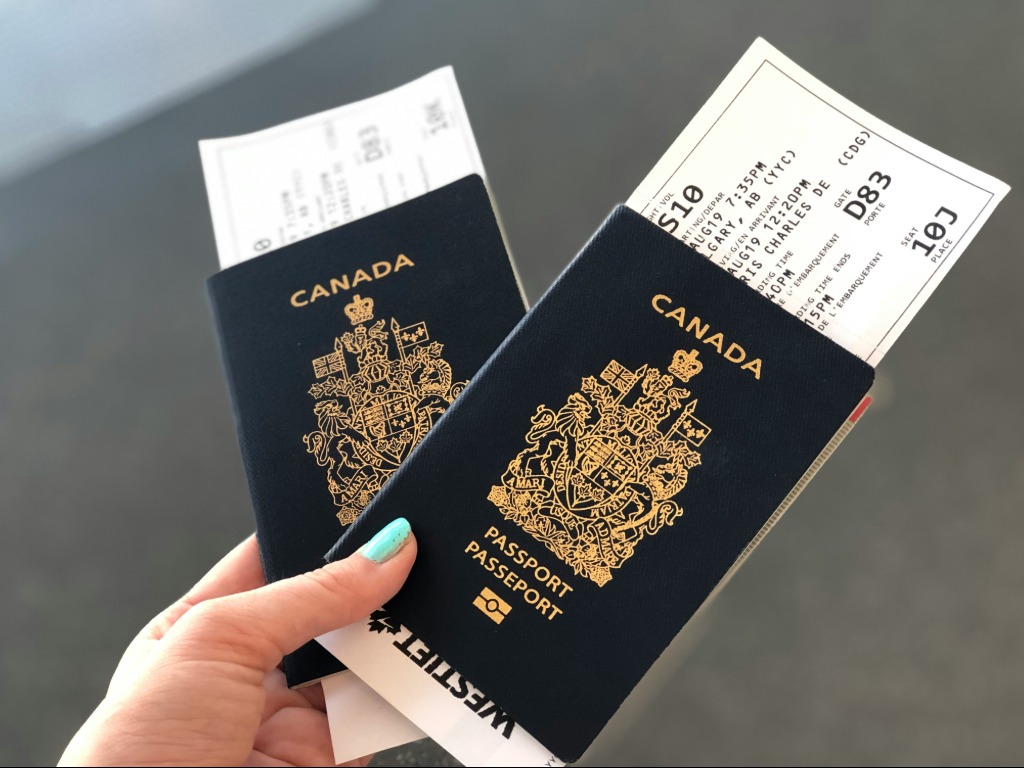New Pre-Departure Requirements Now In Effect

Minister of Transport, the Honourable Marc Garneau issued an Interim Order formalizing new COVID-19 testing requirements for all air travellers coming to Canada, and providing additional guidance to airline operators and the travelling public regarding the new pre-departure testing requirement that was announced on Dec. 31. This Interim Order supports COVID-19 health requirements made by Canada’s Minister of Health under the Quarantine Act.
Effective midnight on Jan. 7, 2021 (00:00 EST or 05:00 UCT), regardless of citizenship, all travellers five years of age or older must provide proof of a negative laboratory test result for COVID-19 to the airline prior to boarding a flight to Canada. The test must be performed using one of two types of COVID-19 tests–either a molecular polymerase chain reaction (PCR) or Loop-mediated Isothermal Amplification (LAMP)–and must be conducted within 72 hours of the traveller’s scheduled departure to Canada.
All travellers coming to Canada must present this information at the time of boarding. Failure to do so will mean an automatic denial of boarding by the airline operating the flight to Canada.
Transport Minister Garneau said: “The COVID 19 pandemic is far from over. We need to continue to be vigilant, and we need to continue to take action to reduce the risks of spreading the virus by air travel. This new interim order will help protect Canadians and air travellers. We continue to assess public health risks, as we to work to limit the spread of COVID 19 in Canada.”
Minister of Foreign Affairs, François-Philippe Champagne pointed out that:
“The decision to implement the pre-boarding negative testing measures was not made lightly. While we recognize its potential to cause inconvenience and frustration to Canadians abroad travelling back to Canada, we are doing what is necessary to help protect the health of all Canadians. The COVID-19 situation continues to be unpredictable and changes rapidly. We must also adapt rapidly.”
Once travellers arrive in Canada, Canada Border Services officers will question and observe them for any indication that they may be ill.
These travellers will be referred to Public Health Agency of Canada (PHAC) officials for further assessment, screening and questioning.
Officers will apply great scrutiny to travellers’ quarantine plans while ensuring that they are admissible to Canada.
PHAC works closely with the Royal Canadian Mounted Police and provincial law enforcement agencies to verify the compliance of returning travellers.
Minister of Public Safety and Emergency Preparedness, Bill Blair made it clear that: “These new measures do not replace any of the previous measures we have put in place to protect Canadians. All travellers must still quarantine for 14 days after they arrive unless explicitly exempt. We continue to strongly advise against travel of any kind, and if anyone doesn’t follow the quarantine requirements, they could face severe penalties. The health and safety of Canadians is our top priority and should be the top priority of every Canadian.”
At the outset, there are time-limited flexibilities for travellers departing from some countries in recognition of the need for testing systems to adjust. Travellers departing from Saint Pierre et Miquelon are exempt from the requirement to show proof of a negative COVID-19 test until Jan. 14, and travellers departing from Haiti, until January 21, 2021, but they are strongly encouraged to get a COVID-19 test once they arrive in Canada.
Travellers departing from the Caribbean or South America can use tests conducted within 96 hours of departure (instead of 72 hours) until Jan. 14, 2021.
Travellers with planned flights to Canada are strongly encouraged to take note of this information, in order to be compliant with the requirements, and to avoid being refused boarding by the airline.
Anyone who receives a negative test result and is authorized to enter Canada must still complete the full, mandatory 14-day quarantine, unless exempted under the Quarantine Act. Travellers are reminded that ongoing vigilance is still required. In addition to completing their full quarantine period, returning travellers must monitor for signs and symptoms of COVID-19 and submit information electronically through ArriveCAN. If symptoms develop, even if mild, or a positive test for COVID-19 is received once in Canada, travellers are advised to contact local public health authorities.
All existing restrictions to travel to Canada from the United States and other countries by foreign nationals remain in place. The Government of Canada continues to enforce and strengthen those measures as needed, and as the global situation evolves.
Minister of Health, Patty Hajdu pointed out that: “Pre-departure testing offers an additional layer of protection to Canada’s existing multilayered strategy, in addition to existing measures such as mandatory 14-day quarantine. However, we still urge Canadians to avoid non-essential travel outside of Canada. It is important that Canadians understand that they risk being exposed to the virus during travel outside the country and, in turn, may expose other Canadians, including those most at risk of serious illness.”
Tags:


